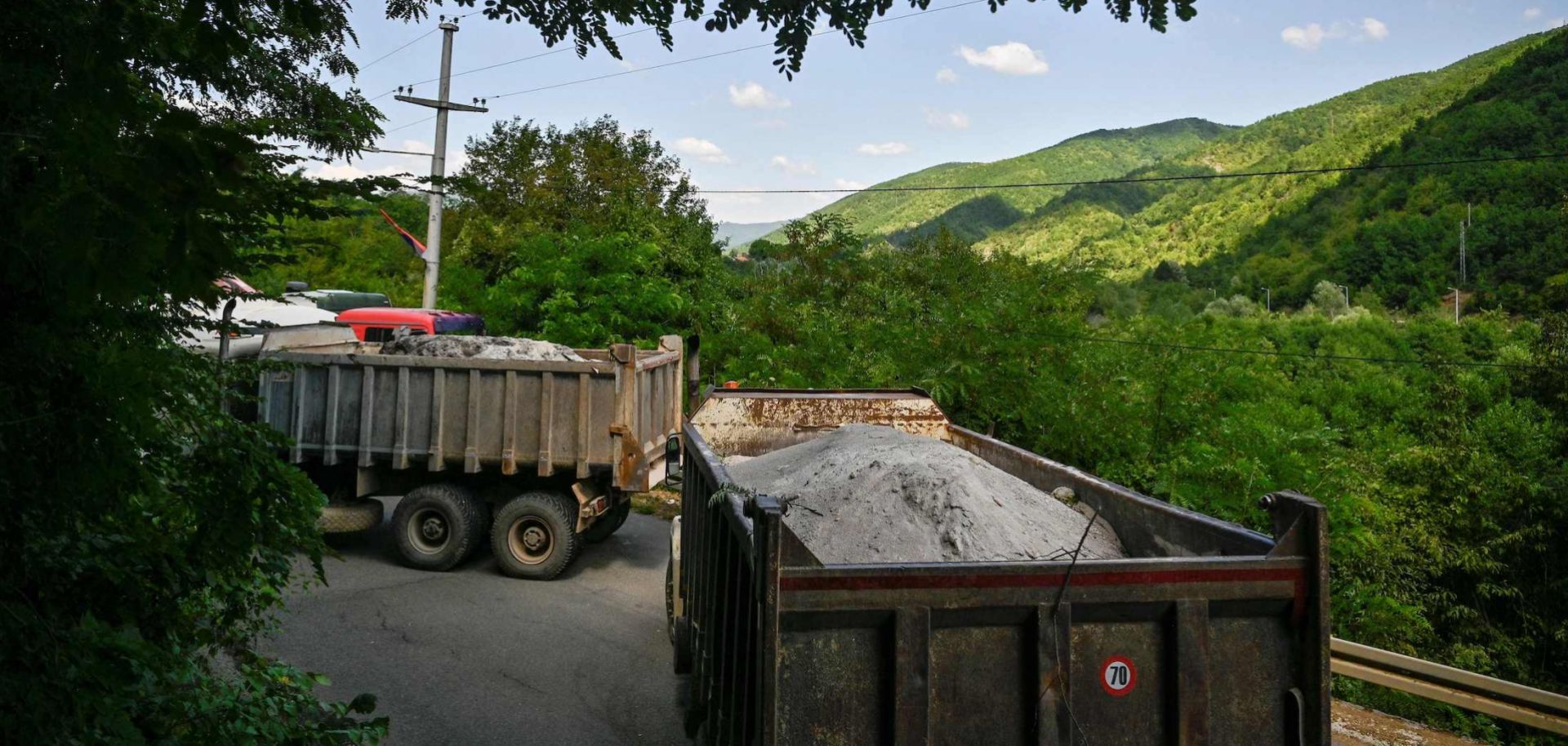Serbia's President Aleksandar Vucic and Kosovo's Prime Minister Albin Kurti met in Brussels, Belgium, on Aug. 18 to try to revive the EU-facilitated dialogue between Pristina and Belgrade following a flare-up of tensions between the two Western Balkan countries on July 31. The two failed to reach a compromise but agreed to further talks in the coming days. The flare-up occurred following demonstrations over a dispute concerning license plates that has been going on since at least September 2021; essentially, Kosovo wants to exert increased influence over the ethnic Serb minority concentrated in the north of the country, and Serbia, which does not recognize Kosovo's independence, opposes that effort. Pristina postponed the implementation of the disputed measure until Sept. 1, but the chances that the underlying dispute will be resolved during this window are slim.

Both Serbia and Kosovo, however, wish to become EU members, which, together with NATO's important commitment to the status quo, is a powerful constraint on the resumption of conflict. No country with open territorial disputes can join the bloc, and the very negotiation process brings in millions of euros in EU-accession funds every year to candidate countries in the Western Balkans, of which Serbia is the largest recipient. In other words, the economic incentives to de-escalate are likely to trump the political advantages of keeping tensions high. Overall, the most likely scenario remains a stalemate, with EU-led dialogue stalling but remaining formally open following the meeting in Brussels, and with the implementation of controversial policies simply being postponed indefinitely. Nonetheless, even without an immediate risk of escalation that could spill over to other volatile parts of the region, the situation remains delicate.



